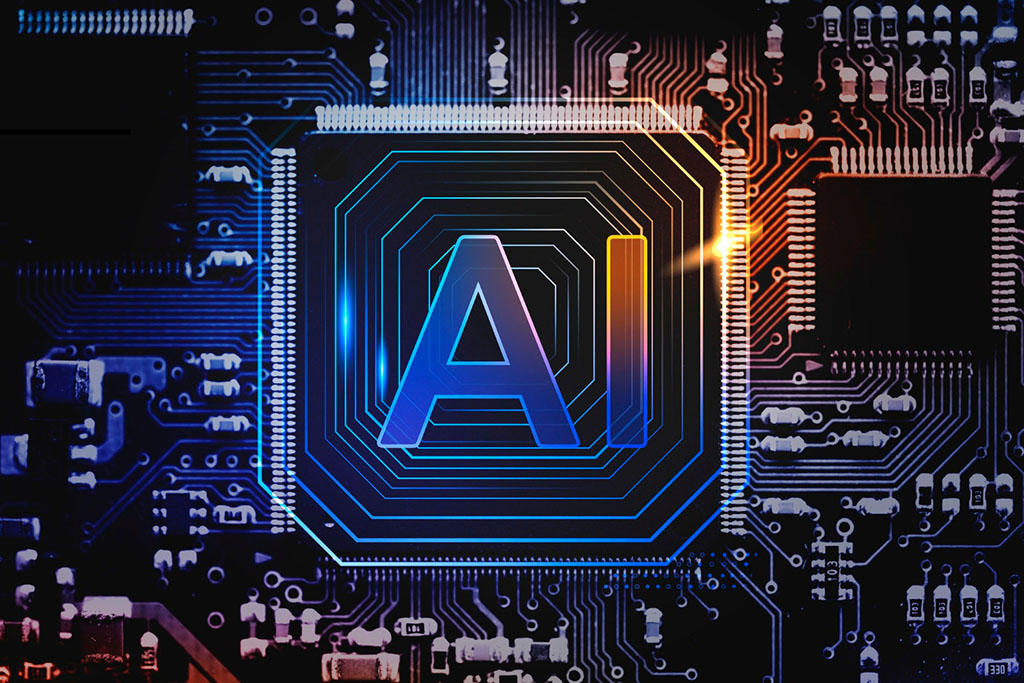
Please check out latest news, expert comments and industry insights from Coinspeaker's contributors.
Alethea AI’s research introduces the concept of non-embedded ALI agent tokens described as a “graduation mechanism” for AI agents.
 Edited by Julia Sakovich
Updated
4 mins read
Edited by Julia Sakovich
Updated
4 mins read

The paradigm shift from centralized AI systems to decentralized architectures is reshaping how artificial intelligence operates and creates value. Traditional AI, long dominated by centralized entities like OpenAI, Google, and Meta, has limitations that hinder its potential for scalability, transparency, and user empowerment. In contrast, decentralized AI systems, infused with liquidity mechanisms, present a new model — one that prioritizes trustlessness, autonomy, and accessibility.
Alethea AI, a pioneer in decentralized AI technologies, is spearheading this transformation. Through its research and innovations, Alethea AI is redefining how AI agents interact with users and markets, liberating them from the constraints of centralized control. At the Responsible Decentralized Intelligence Summit 2024, hosted by Berkeley RDI, Alethea presented its groundbreaking research paper “Liquidity is All You Need”, highlighting its efforts to reshape the AI ecosystem through decentralization.
Centralized AI systems are typically controlled by corporations that dictate their functionality, governance, and economic models. This approach leads to several challenges:
Alethea AI’s research paper, Liquidity is All You Need, highlights these limitations by emphasizing the friction and reliance on centralized entities in traditional economic markets. It notes, “The capital efficiency and scalability of deploying tokenized intelligence extricates agentic generative AI systems from the friction of traditional economic markets and the reliance on centralized entities that typically author and command legacy AI systems.”
Decentralized AI offers a solution to these challenges by leveraging blockchain technology to create autonomous and scalable architectures. Alethea AI’s approach integrates bonding curve-based token economies, which allow AI agents to issue and trade their own keys. This creates a dynamic market environment where AI agents operate as independent economic entities.
The research explains:
“The bonding curve mechanism has proven effective in providing a decentralized key pricing model. The curve shapes and parameters directly impact market behavior, influencing the number of transactions, key prices, and collateral collection.”
Through this mechanism, decentralized AI systems can:
Alethea AI’s research also introduces the concept of non-embedded ALI agent tokens described as a “graduation mechanism” for AI agents. These tokens, issued as ERC-20 assets, add another layer of liquidity and market engagement. The paper states, “This innovative approach can empower the wider community by creating ERC-20 tokens and introducing a new dimension of incentives and rewards, augmenting the agent’s market engagement and opening avenues for token-gated access to exclusive content, governance mechanisms, and follower/fandom activities.”
By enabling token airdrops and liquidity pools, these mechanisms expand the economic possibilities for AI agents, fostering stronger community involvement and creating decentralized micro-economies.
The transition from centralized to decentralized AI systems represents more than just a technological advancement — it signifies a shift in how AI is governed, monetized, and integrated into society. Decentralized architectures promote transparency, equity, and innovation, positioning AI systems as tools for collective benefit rather than corporate profit.
Reflecting on this vision, Arif Khan, CEO of Alethea AI, stated in an interview with CoinDesk:
“If you can bake ownership into the design structure of what you’re building, then you’re sort of reversing the power dynamic.”
With technologies like bonding curves, embedded liquidity, and non-embedded tokens, Alethea AI is paving the way for this decentralized future. By creating scalable and autonomous AI systems, Alethea AI is not just redefining AI governance but also setting a new standard for digital ownership and collaboration.
As the shift toward decentralized AI gains momentum, Alethea AI’s innovations stand as a testament to the transformative potential of this new model. The integration of liquidity mechanisms and decentralized governance creates opportunities for scalability, autonomy, and community-driven engagement.
This new era of AI is one where systems are no longer confined by centralized control. Instead, they are liberated by the possibilities of decentralization, empowering creators, developers, and users alike. Through its groundbreaking research and visionary leadership, Alethea AI is shaping the future of intelligent, decentralized ecosystems — proving that the best is yet to come.
Disclaimer: Coinspeaker is committed to providing unbiased and transparent reporting. This article aims to deliver accurate and timely information but should not be taken as financial or investment advice. Since market conditions can change rapidly, we encourage you to verify information on your own and consult with a professional before making any decisions based on this content.

Please check out latest news, expert comments and industry insights from Coinspeaker's contributors.





